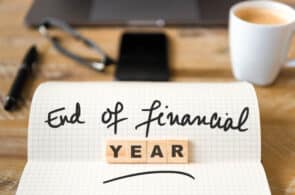In fairness to us, many retailers are now adopting the ‘no-cash, please’ trading regime, but we Australians have a reputation for embracing technology and touchless shopping is no exception.
According to the Organisation for Economic Co-operation and Development (OECD), Australian household debt is currently sitting at around 210% of net disposable income. That places us fifth in the world, behind Denmark (257%), Norway (240%), Netherlands (236%) and Switzerland (223%).
Compared with countries with spending habits similar to our own – the USA with (105%) and the UK (142%) – we’re quite high.
If your debt level is pushing northwards of your preferred limit, here are a few ideas for getting – and staying – on track:
- Pay your full card balance off every month. Sure, it’s an oldie but a goodie. You know what you need to do; if your current balance is too high, pay more than the minimum amount. The first step in breaking the credit cycle is to get off it, which leads into our next point:
- Create a realistic budget so you can identify where your money is going and how much extra you can pay off your credit cards. The government’s Moneysmart website has a free budget planner to help you. Alternatively, chat with your financial planner and work with them to develop a payment strategy to get your debts under control, and stay that way.
- Keep your tap-and-go receipts and reconcile them against your account each week. This is one of the best ways to see exactly how much you’re shelling out, and on what. You’ll identify areas of unnecessary spending, and you’ll spot any errors or dodgy transactions.
- Instead of a credit card for your touchless transactions, consider using a pre-paid card. Available from banks and other financial institutions – even Australia Post offers one – you load it with your own money and use it for in-person or online shopping. It’s just like a credit card but without the risk of getting into debt.
- Consider your subscriptions, you know, streaming services, magazines and memberships, etc.. Many renew automatically and the first you’ll know about it is an unexpected – often expensive – transaction on your card. Do a stocktake to see what subscriptions you have and decide if you really need them. For those you no longer need, change your subscription settings so they don’t automatically renew. Don’t worry, they’ll alert you when the renewal is due in case you change your mind!
We’re definitely living in an interesting time. Our lives have altered in ways we’d never have imagined and we Australians, in our typical way, are adapting to these ‘new-norms’.
This is a good thing, just as long as we stay in control!







